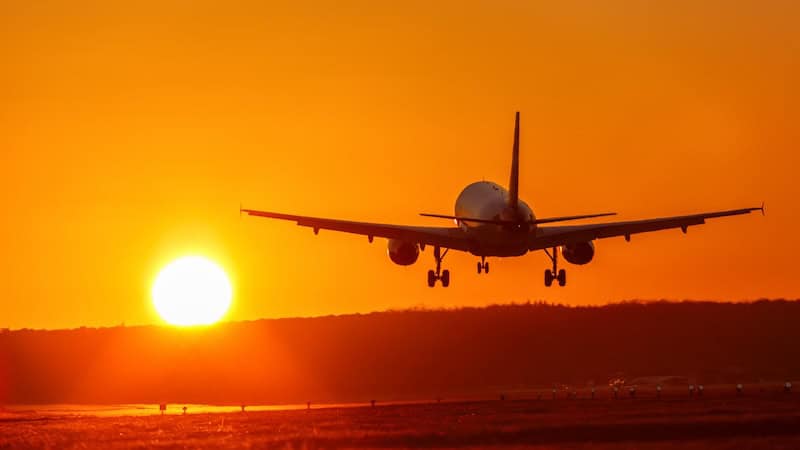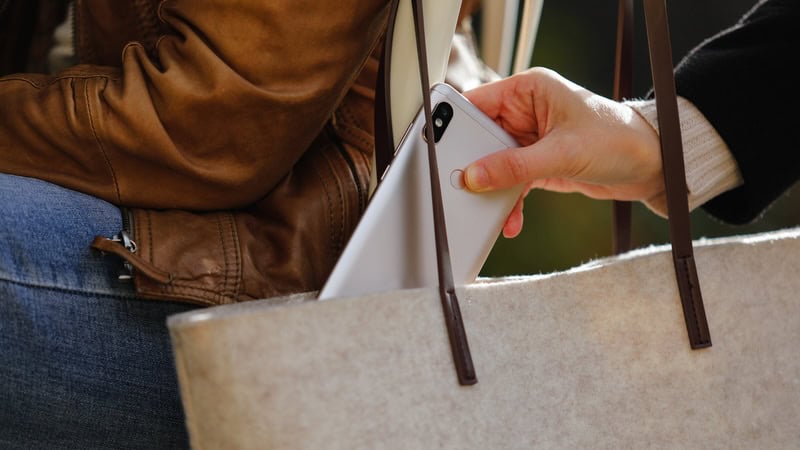Avoiding Three Airline Add-On Fees
Leave fees behind when flying

Paying for a plane ticket may be just the first chunk of change you shell out when traveling by air. Kiplinger’s Personal Finance suggests ways to avoid three airline add-on fees.
Your plane ticket isn’t the only cost when you travel by air. Airlines charge extra fees for seat selection, checked bags and more.
Here are ways to avoid airline add-on fees.
Seat-selection fees
The typical amount is $10 to $50 for standard seats; $20 to $100 or more for seats with extra legroom or in preferred locations, such as at the front of the plane or in exit rows.
The primary way to avoid a seat-selection fee is to opt out of choosing a seat.
Some airlines, including American and JetBlue, guarantee that parents can sit next to their children on a flight at no extra charge. With others, family members who want to be sure that they’ll be seated together must book tickets that include seat selection or pay fees to choose their seats. That may soon change: The U.S. Department of Transportation has proposed a rule that would require airlines to allow children aged 13 or younger to sit next to a parent or accompanying adult for no extra fee.
In the meantime, if you’re flying with an airline that doesn’t offer such a guarantee and you don’t pony up for seat selection, you can try asking to be seated with your family at the gate before boarding the plane.
Airline baggage fees
The typical amount is $25 to $35 for the first checked bag; $50 to $150 each for additional checked baggage. One checked bag per ticket is typically included with the fare for an international flight; additional fees for international flights vary widely.
Southwest Airlines doesn’t charge for a checked bag, but with other airlines you’re generally on the hook for a fee to check luggage when flying domestically. You can usually avoid baggage fees by packing everything you need in a carry-on and a personal item that fits underneath the seat in front of you. (Some airlines, including JetBlue and United, do not include a carry-on bag with basic economy tickets.)
Some credit cards that are co-branded with airlines — including Delta SkyMiles Gold American Express ($150 annual fee, waived the first year), United Explorer ($95, waived the first year) and Citi/AAdvantage Platinum Select World Elite ($99, waived the first year) — offer a free checked bag as a perk. And if you have elite status with the airline, you can often check bags at no extra charge.
In-flight Wi-Fi fees
These usually range $8 to $10.
Overall, in-flight Wi-Fi has gotten faster, better and less expensive, says Sean Cudahy, aviation reporter for The Points Guy. JetBlue has offered free Wi-Fi for years. Delta Air Lines plans to have free Wi-Fi on most of its domestic mainline flights by the end of 2024 and on most international and regional flights by the end of 2025. You need a Delta SkyMiles account to access it, but there’s no charge to join.
If you’re flying with an airline that charges for Wi-Fi, see whether your credit card will reimburse or discount the fees. For example, the United Quest card ($250) offers up to $125 in statement credits each year for United purchases you make with the card, including in-flight Wi-Fi.
Emma Patch is a senior writer at Kiplinger Personal Finance magazine. For more on this and similar money topics, visit Kiplinger.com.
©2024 The Kiplinger Washington Editors, Inc. Distributed by Tribune Content Agency, LLC.


